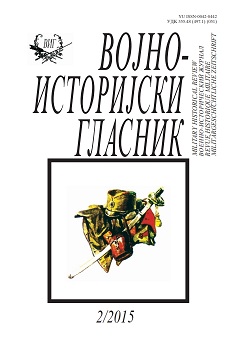The Work of the Carnegie Endowment in Europe After World War One: The Libraries of Belgrade, Leuven, and Reims (1919-1928). A Comparative Approach
The Work of the Carnegie Endowment in Europe After World War One: The Libraries of Belgrade, Leuven, and Reims (1919-1928). A Comparative Approach
Author(s): Nadine Akhund-LangeSubject(s): Cultural history, Library operations and management, Education and training, Social history, Social development, Interwar Period (1920 - 1939)
Published by: Institut za strategijska istraživanja
Keywords: International Relations; Post World War One; Carnegie Endowment for International Peace; Education; Reconstruction Program; Education; Urban planning; library; reconciliation;
Summary/Abstract: In 1919, promoting international conciliation the Carnegie Endowment undertook reconstruction in urban areas throughout Europe and financed the building of large libraries in Yugoslavia, Belgium and France. The concern for civilians in warfare, one objective of the Endowment was taken further by addressing their situation in the complex postwar context targeting public opinion appreciated as a potential force that needed to be educated to prevent future conflicts. Drawing from the Carnegie archives, the paper follows the triple libraries project up to the official openings in 1926-1928. Overall, the paper describes the Carnegie Endowment’s success in defining, constructing and organizing education based reconstruction projects in the regional city of Reims, the university city of Leuven and the capital city of Belgrade.
Journal: Vojnoistorijski glasnik
- Issue Year: 2015
- Issue No: 2
- Page Range: 114-131
- Page Count: 18
- Language: English

